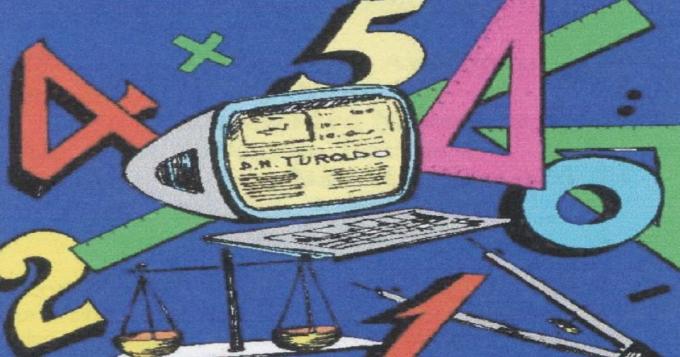
In this post we selected for you excellent ideas and templates ready for your recycling project which are wonderful suggestions for working on the World Environment Week, date that is celebrated between the 1st and 5th of June, the date that the World environment day.
World Environment Day began to be celebrated in 1972, with the aim of promoting activities to protect and preserve the environment, and alert the public and governments of each country to the dangers of neglecting the task of caring for the world in which we live.
It was in Stockholm, on June 5, 1972, that the first of the United Nations Conferences on the human environment began. The meeting lasted until the 16th and brought together several governments and NGOs. For this reason, it was chosen as World Environment Day.
With that in mind we selected these templates ready for your recycling project, check out:
Index
recycling project
The issues of garbage, recycling and reuse have been considered increasingly urgent and important in society, because the future of society depends on the relationship established between nature and man's use of natural resources available.
In this project, we will address the need for awareness and changes in values and attitudes so that students can enter into their daily lives. For this, we will use an interdisciplinary methodology to achieve the proposed objectives and, consequently, students will be evaluated throughout the development process of this project.
Considering that man is part of the environment in which he lives, he depends on him to survive and his influence on it increased a lot after the revolution industrial, with that the new technologies made possible progressively, better living conditions, but on the other hand the progress resulted difficulties. The expansion of industries and the growth of cities led to an excessive increase in the amount of waste that is due to the growth in purchasing power and the consumption profile of a population.
A large part of what we call garbage and which forms the so-called dumps is made up of materials that can be recycled using techniques that aim to take advantage of the debris. According to national curricular parameters (2001): “It is necessary to consider garbage as an important arsenal of matter to be used, such as an oxygen compound, or recycled and the problem of material production non-degradable.
The Brazilian recycling industry, despite being very deficient, employs thousands of garbage collectors. Investment in recycling can be a measure that gives citizens the opportunity to preserve the nature of a concretely, taking more responsibility for the waste they generate, reducing waste and increasing the cleanliness of the City.
Waste is an irrational way of using resources, as many of them can be reused before being discarded it can be used in the original function or in the creation of new forms of reuse.
In addition to recycling and reusing, it is necessary to sensitize everyone involved in the project about a very relevant method, which is to significantly reduce the amount of waste in our school. And this is only possible if we consume less and efficiently, always rationalizing the use of material and product in our daily lives.
"In nature nothing is lost, nothing is created, everything is transformed’’

Give a grade that will help in the subject depending on the work done by the students and add it to the participation grade.
See also:
Waste recycling project
1st STAGE: Surveying the garbage in students' homes:
a– The teacher prepares a questionnaire with closed questions and space for others
observations, so that students can answer: how many times a week the garbage is put out in your house; how they pack food scraps, broken glass…; if they separate them; what is the amount placed (can be measured from bags, sacks…) and other questions that the professors deem relevant.
b- The information obtained will be treated so that an analysis can be carried out.
about how families dispose of their garbage. From the reading of the booklet “A Embalagem ea Ambiente”, the students themselves will do this treatment, with the help of the teachers, producing tables, graphs and short texts.
2nd STAGE: Investigating the destination of the garbage of those who work with it:
a) – Prepare and carry out a visit to the dump or landfill (see Specific Projects
Mathematics) to interview the people who work there, landfill collectors, collectors' cooperatives or landfill employees, about: living conditions and work (form of remuneration, working hours, most common risks and illnesses, whether the work is outsourced or not, whether the collector consumes or sells what there get…); (see article "Text Production"
– interview). In addition to the answers obtained, all moments must be recorded as drawings, photographs or footage.
b) To work with the population, in addition to a work of information multipliers and new conducts in their own home, students can make information leaflets on the subject, intended for community.
We also recommend:

recycling project
To have full access to the PDF recycling Project, check out the following link and download:Download in PDF
Subscribe to our email list and receive interesting information and updates in your email inbox
Thanks for signing up.


